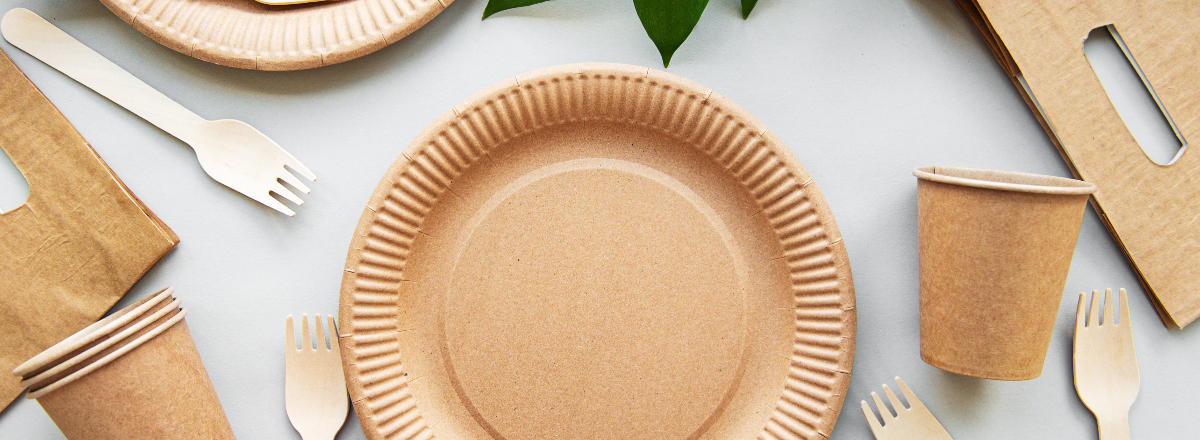
Our economy is currently defined as linear; we take resources from the Earth, turn them into products and discard them as waste. By shifting our mindset, Compass Group is driving a circular approach to promote the reuse of materials. It is a transition which is underpinned by circular economy principles, such as 'eliminate' and 'recirculate'.
Packaging is at the forefront of our drive. It is a large contributor to the single-use culture we are accustomed to. Whilst we recognise the critical role that packaging plays in food safety, as one of the world's leading food services companies, we have a responsibility to take sustainable action.
We are working with our suppliers to fast-track sustainable alternatives over single-use products and fossil fuel based plastics. Across our operations we have actively reduced unnecessary packaging and gone further to introduce reusable solutions whilst continuing to search for better alternatives.
Operating a zero-waste stadium - USA
CITYPARK, home of St. Louis CITY Soccer Club, operate a zero-waste stadium. In partnership with our Levy Restaurants team, all waste generated is either reduced, reused, recycled or composted.
Every element of food and beverage service on match days is created with the goal to reduce waste. The zero-waste commitment came to life during St Louis City SC’s inaugural season in 2023 when single-use consumer plastics could not be found anywhere in the stadium. The venue incorporated recycling, composting, comprehensive energy efficiency and water conservation programmes, while working with food donation partners to put surplus food to good use.
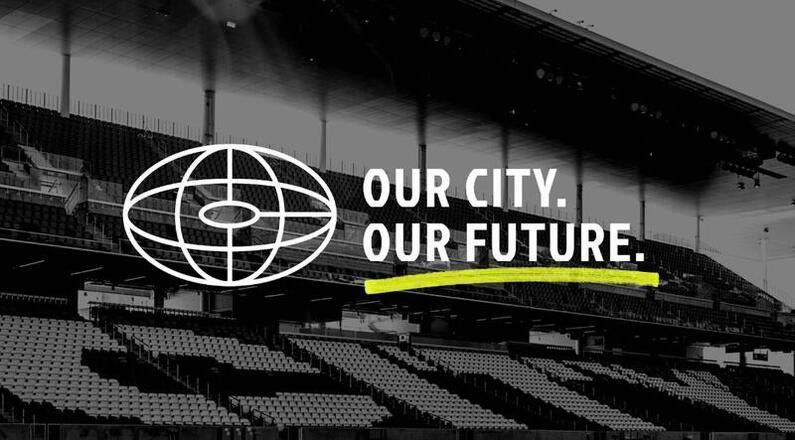
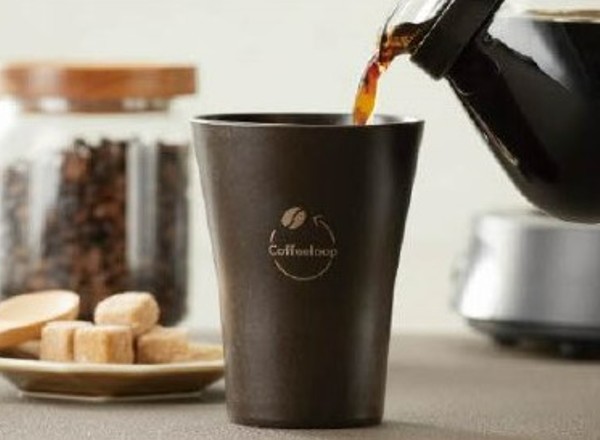
Coffeeloop - Japan
The Coffeeloop project takes ground waste from Compass cafés in Japan which, when mixed with thinned wood and recycled plastic, is upcycled to create Coffeeloop coffee cups. The cups are locally produced, unlike many ethical products which are imported, reducing emissions that would otherwise have been created during transportation. This project also supports inclusion in the local community by employing the services of people with disabilities to collect and deliver the grounds. Work is now underway to explore how coffee grounds can be further upcycled into other products.
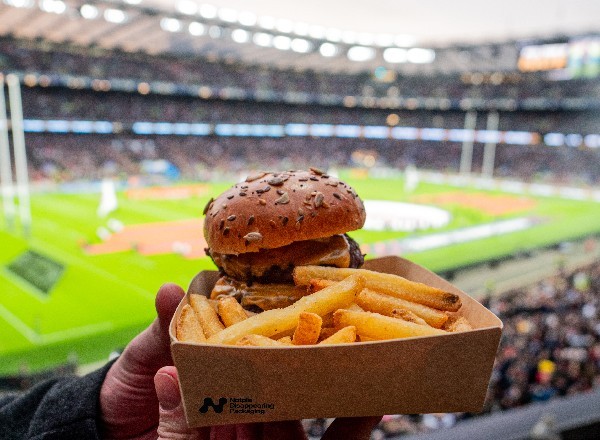
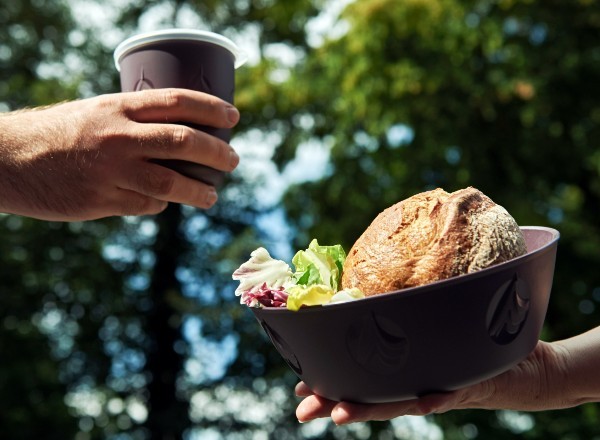
Relocating to a sustainable head office - Sweden
Repurposing used catering equipment - France
Compass Group France has partnered with Vesto, a French start-up business who recondition used professional catering equipment. Contributing to a circular economy, we’re combatting against the 30,000 tons of café, hotel, restaurant waste thrown away every year in France.
Health and safety is always top of mind, and to guarantee equipment safety meets our high standards, everything is thoroughly checked, repaired as needed, and cleaned. Vesto currently supplies 300 of our sites across France, and we are actively looking to expand our partnership over the coming months.
CARE ZERO Packaging - Portugal
In Portugal, we launched a ‘CARE Zero Packaging’ Project to reduce surplus packaging at client sites. The project supports Compass Group Eurest’s commitment to Net Zero by 2050, with the objective to eliminate the disposal of unnecessary plastic and paper packaging. The strategy embeds a simple approach, encouraging clients to use tongs to serve themselves, without jeopardising food safety. The strategy offers multiple advantages including reductions in water consumption, quantity of packaging, and business costs.
To date, the team have reported a 100% reduction in paper straws and eliminated 24% of paper bags used for cutlery. They have also increased the amount of bread served to consumers without a paper bag by 53%. These achievements amount to 9 tonnes less paper used, equivalent to saving 148 trees.
Sensor dispensers for salad dressing - Türkiye
In Türkiye, we’ve implemented a technical solution to tackle plastic waste thanks to the successful deployment of sensor dispensers for salad dressing across service locations throughout the country. Standard portions of vinegar, lemon juice, and olive oil are poured by dispensers, eliminating the needs for plastic sachets while reducing excessive waste. In just one month, this simple initiative avoided the consumption of 3,000 plastic sachets of salad sauces at one site alone.
Switching to reusable takeout containers - USA
Chartwells Higher Education at American University in Washington, DC was proud to introduce OZZI reusable takeout containers to its main dining facility, Terrace Dining Room (TDR).
Traditionally, TDR served 39,000 meals in takeaway containers each semester (of which all were single-use containers). With the introduction of the reusable OZZI containers, the university estimates they will divert 2,571 pounds of waste from landfills.



